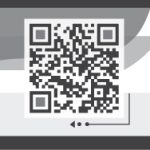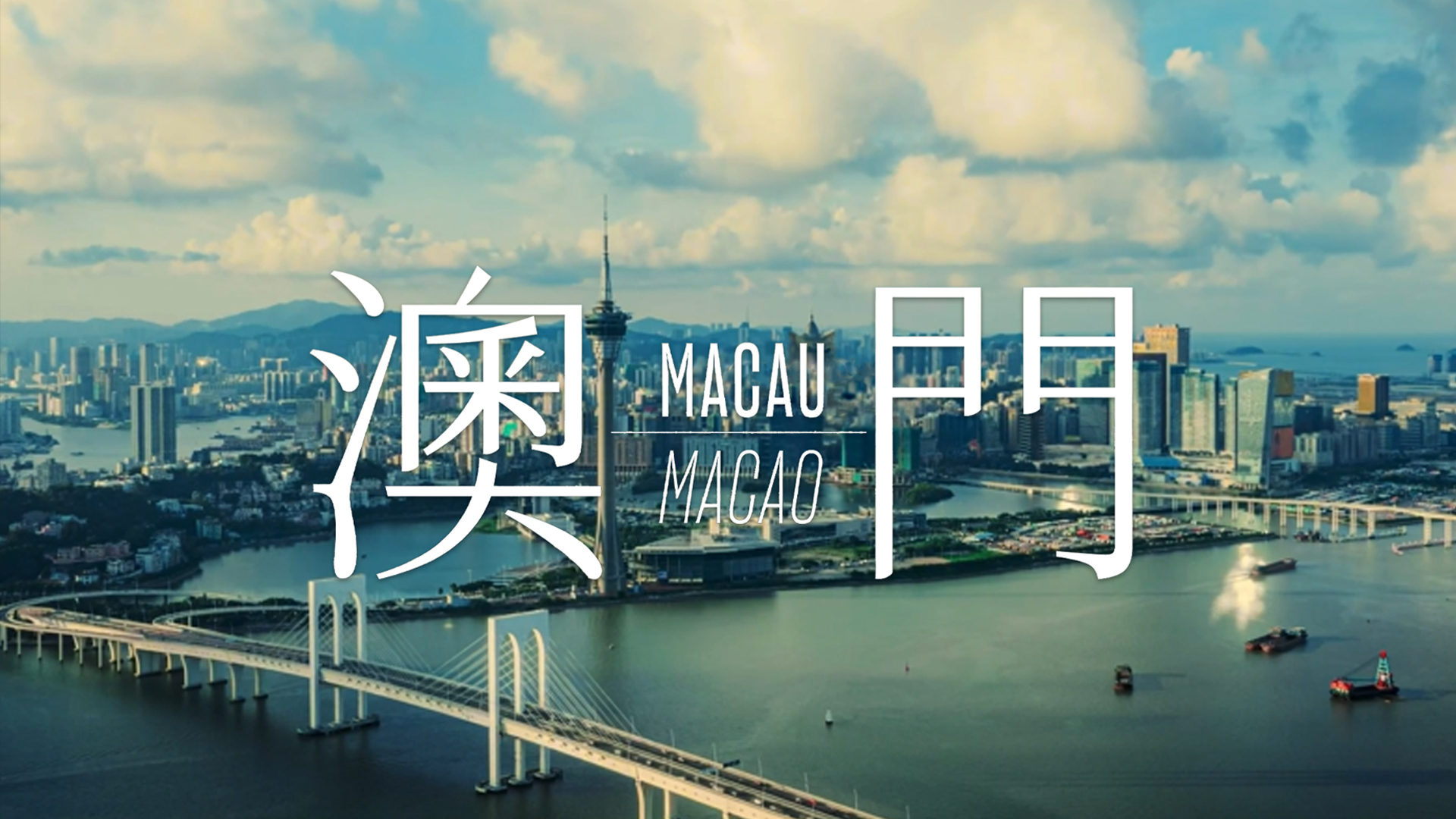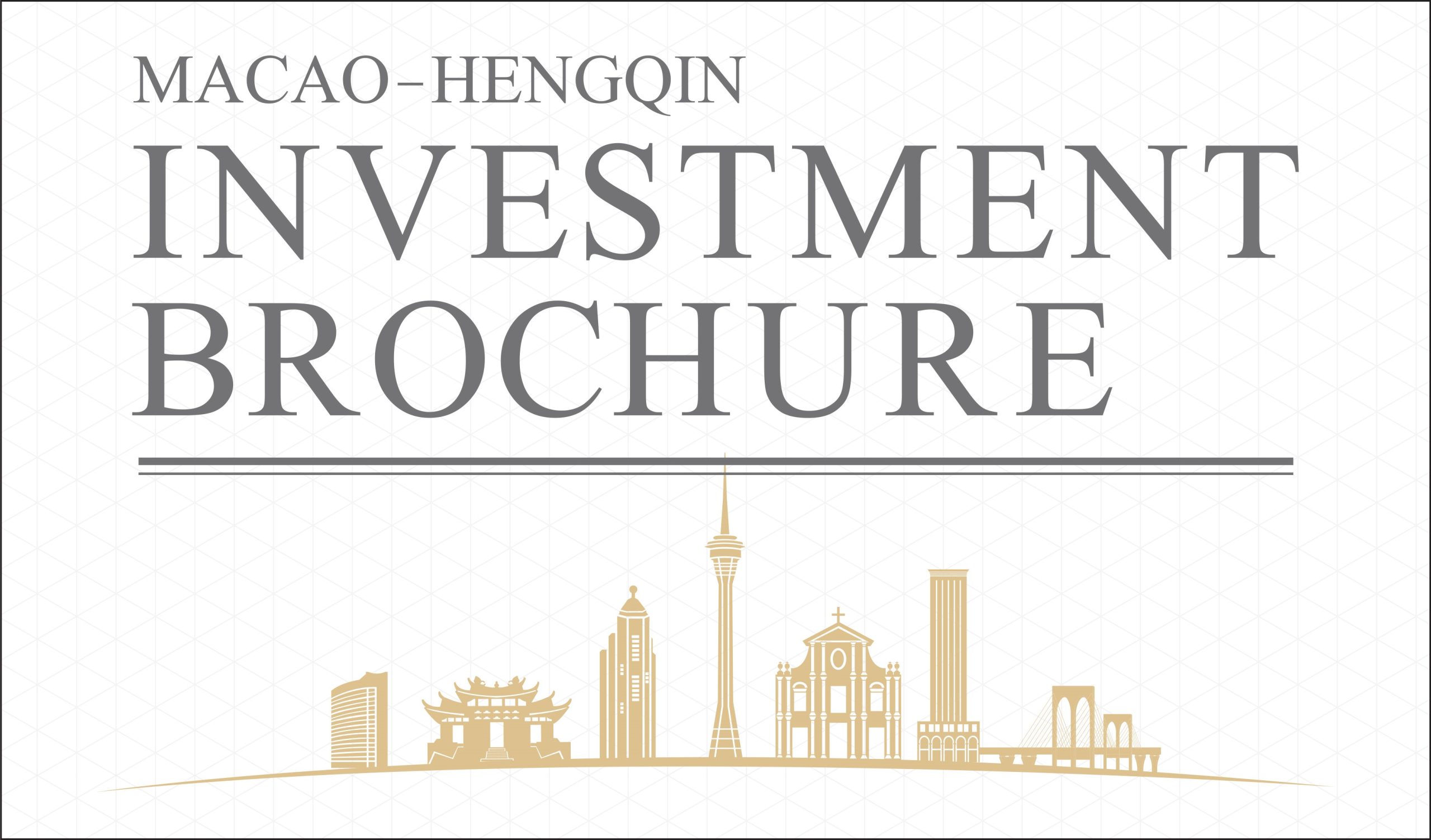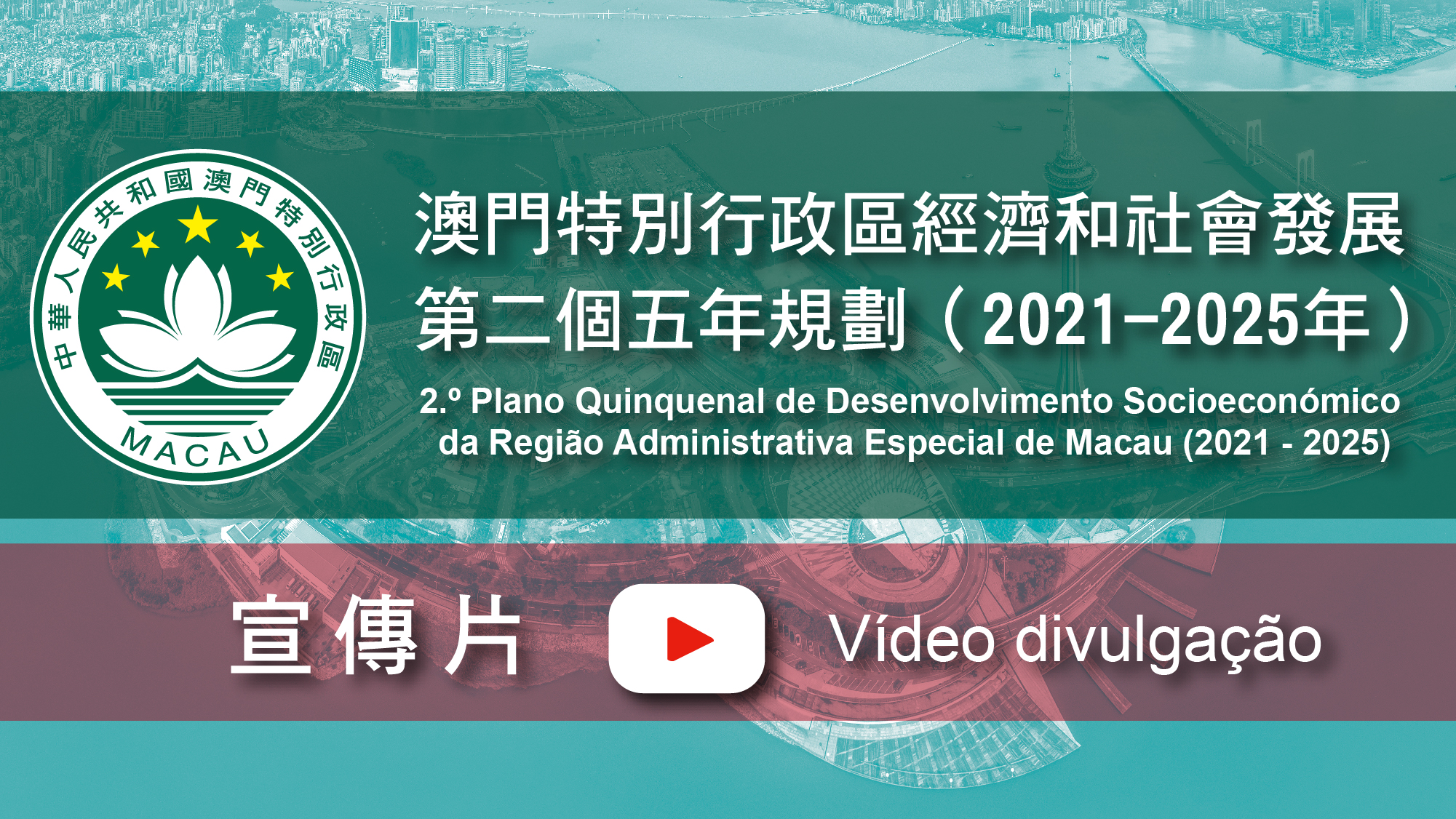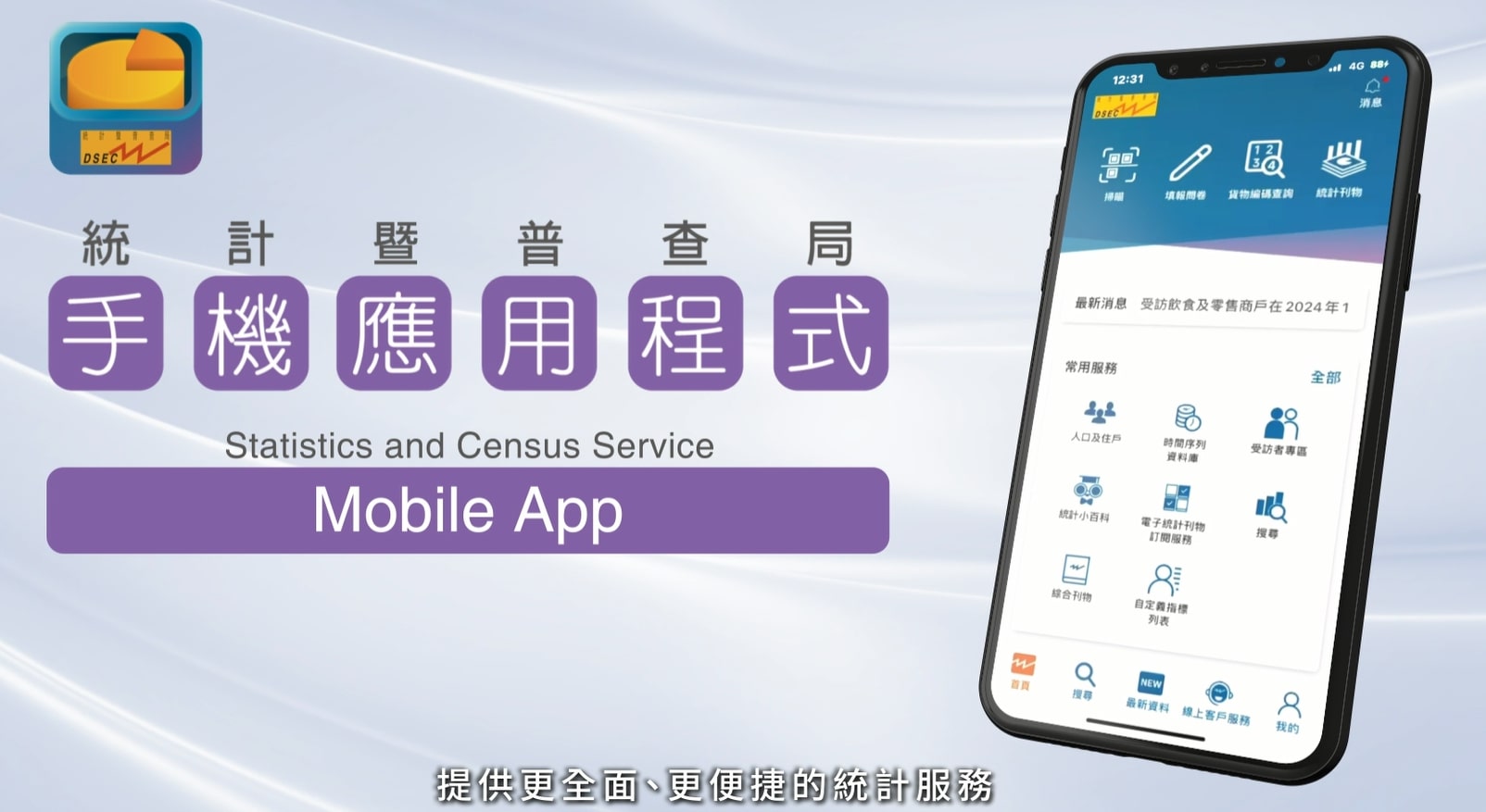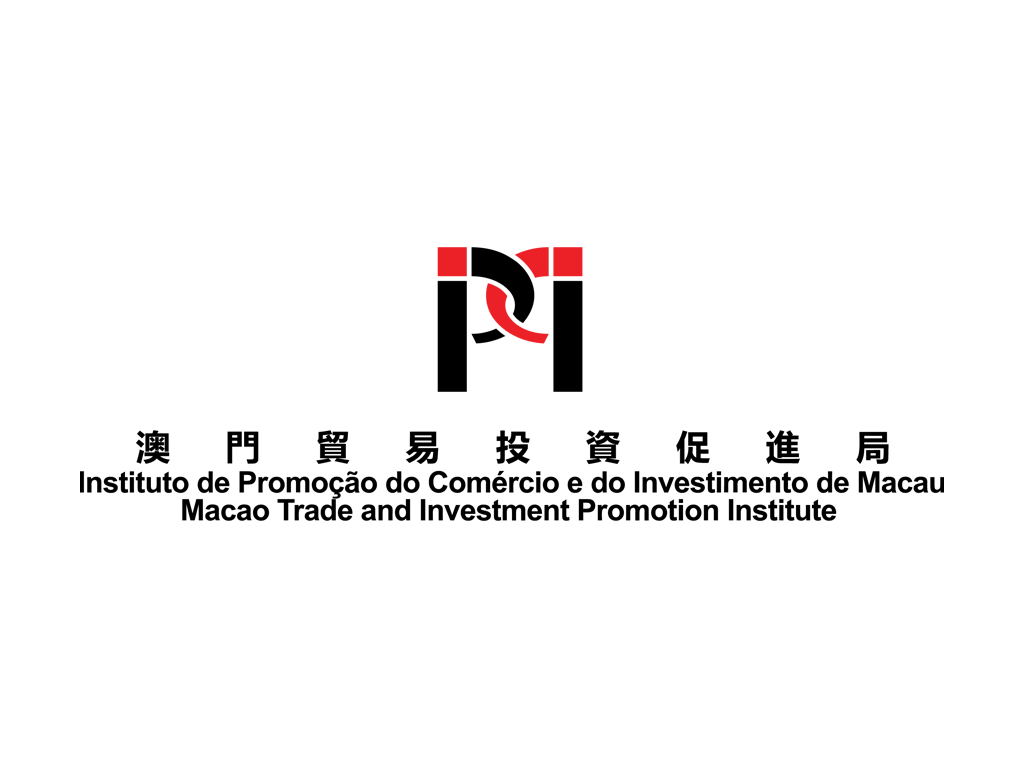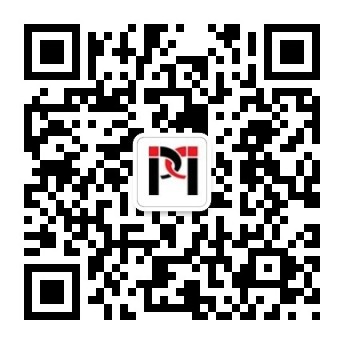Search Issues

Shopping online is increasing fast in Macao, even though the city’s small population means the domestic market is limited. The price savings and other advantages are making shopping online ever more popular, bringing new opportunities for Macao investors in E-commerce platforms. But obstacles to taking those opportunities remain. Logistical hindrances are one. Mainland China’s new way of taxing cross-boundary retail E-commerce is another.
The enthusiasm of Mainland consumers for shopping online for goods from beyond the Mainland’s borders suggests there is room for further development of crossboundary E-commerce. Many E-commerce operators now focus on selling Macao specialities, which are increasingly popular in the Mainland.
The Macau Market online shopping platform was launched on 15 December 2015. The Macao website has since attracted dozens of merchants and now sells over 7,000 products. Some products such as red wine, food and electronics are the best sellers. A representative of Macau Market Alan Zhang told Macao Image in an interview that about half the consumers that use Macau Market are Mainlanders, and 40 percent are Macao people.
Mr Zhang says the rapid development of E-commerce in Macao and the gradual improvement of third-party payment systems mean more Macao people are choosing to shop online. He says word of mouth is a persuasive medium for information about the advantages of shopping online. He predicts that online shopping will boom once reputations are built and consumers adapted.
Mr Zhang says most Macao E-commerce platforms get the lion’s share of their business from Mainlanders because Chinese Mainland consumers insist on “genuine goods at a fair price” and demand only food that they are certain is safe to eat. Mine Yeah Co. Ltd. launched its Mineyeah online shopping platform in February 2015, and the number of products the website sells – especially electronic meal vouchers and supermarket goods – has been growing ever since.
Mine Yeah Director Mio Keng Seng says the website sells souvenirs, clothes and handicrafts made in Macao. He says his company aims to tap potential new markets outside Macao.
“We find that conferences and exhibitions, large or small, attract many merchants,” says Mr Mio, who engages in the food trade business. “Their aim is not so much to make money but more to find a platform to promote their products.”
Mr Mio says Mine Yeah’s goal is for its E-commerce platform to be the online marketplace for products supplied by Macao’s small and medium enterprises (SMEs). The company intends to promote and sell such products outside Macao, especially in the Mainland, where demand for Macao’s specialities is high, he says.
Challenges, chances co-exist
Mr Zhang and Mr Mio both say delivering the goods is the most difficult part of selling online, in particular the cost of getting goods across borders.
Mr Zhang believes Macao and the province of Guangdong are making efforts to co-operate more closely in cross-boundary logistics. He adds that there is still much room for business development for Macao-based operators of E-commerce platforms, SMEs and suppliers from Portuguese-speaking Countries.
Director of Macao Economic Services Tai Kin Ip told reporters on the sidelines of a conference, held in Macao in April to discuss E-commerce between Guangdong and Macao, that the Macao Government has an interdepartmental team that promotes E-commerce in the city. The team includes representatives of the Macao Trade and Investment Promotion Institute (IPIM) and the Monetary Authority of Macao. He said the Macao Government would encourage SMEs to exploit the online market as a way to expand their cross-border business and trade.
Since 8 April 2016, Mainland China has treated imported goods bought online the same as any other sort of import, no longer collecting parcel tax but levying import value-added tax and consumption tax. Deputy Secretary-General of Guangdong Province Electronic Commerce Association Wu Muzhen, speaking at the April conference, said the new tax arrangement would “reshuffle” the cross-boundary E-commerce retail import businesses. The new tax arrangement meant higher taxes on food, sports gear, electronics and clothes imported into the Mainland, and lower taxes on cigarettes, wine and cosmetics, she explained.
Macau Market’s representative Mr Zhang says: “The new tax system will benefit the trade in some goods, such as wines and perfumes. Knowing the Mainland consumer market, our marketing strategy will need to be adjusted.”


